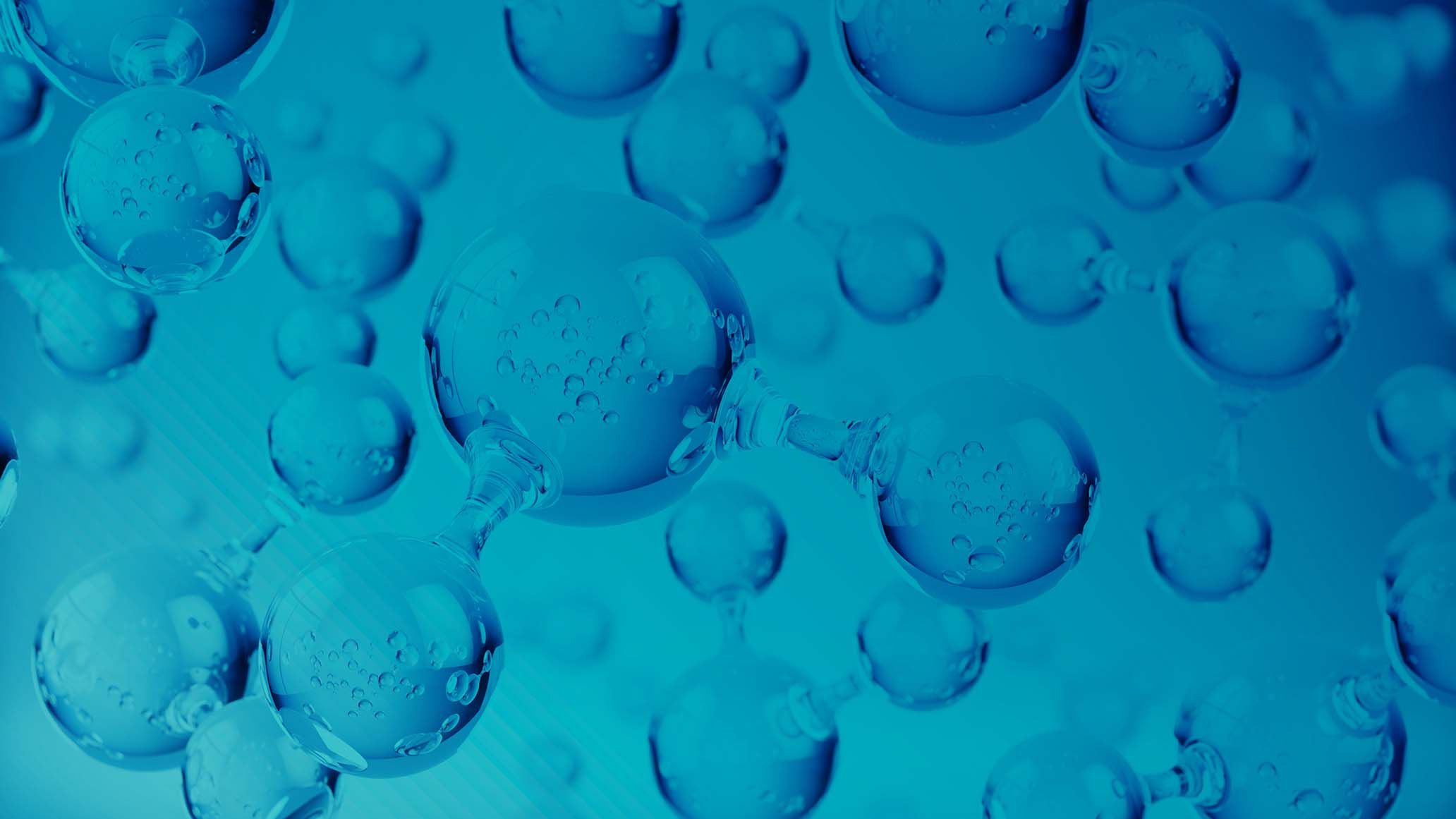EDF Energy has created a deal with FuelCell Energy to use their electrolyser to decarbonise asphalt production
)
The plan for this project is to experiment with the possibility of decarbonising asphalt production through using hydrogen. The project will be led by the Bay Hydrogen Hub, which is a group made up of EDF, Heidelberg UK, the National Nuclear Laboratory, and Vulcan Burners.
The project will commence with FuelCell Energy’s SOEC electrolyser being combined with nuclear generated heat and electricity, which will result in hydrogen being produced in bulk, whilst also being produced at a lower cost compared to other hydrogen electrolysis technologies. The project will be monitored at the Nuclear Power Plant in Heysham and the next step will be to distribute the produced hydrogen to dispersed sites through using a high-volume tanker and this will make it possible for the company to explore if decarbonising the asphalt industry through using hydrogen is possible. The participating companies hope that the results of this experiment will display successful results in using hydrogen produced in bulk from a process which is not as costly as regularly producing hydrogen, will be able to decarbonise asphalt production.
FuelCell Energy’s President and CEO, Jason Few, commented, “Solid oxide electrolysis is ideal for producing hydrogen from nuclear power sources. The already high efficiency of solid oxide electrolysis systems can be raised even higher using waste heat from the nuclear power plant, lowering the cost per kilogramme of the hydrogen produced.”
Andrea Miserocchi, the FuelCell Energy’s Vice President of Business Development, added, “We are proud to showcase how FuelCell Energy’s technology is notably different from other low-temperature electrolysis systems (e.g., alkaline and PEM) that produce around 20% to 35% less hydrogen for the same power input. To put this in perspective, if electricity costs 10 cents/kWh, that efficiency difference results in approximately $1 to $1.50 lower hydrogen cost with FuelCell Energy’s SOEC platform.”
In order to aid this project, The Bay Hydrogen Hub scheme was awarded £6.1m ($7.4m) from the UK Department for Energy Security and Net Zero. The project’s partners will also be providing funding for the experiment. The funding awarded to the project had been allocated from the UK Government as it aligns with this £1bn Net Zero Innovation Portfolio (NZIP).
The next steps for this project will involve finding a way to install the electrolyser system into the hydrogen generation and compression station. Plus, partners to the project will begin investigating how to move the project forwards in as many ways as possible.



)
)
)
)
)
)
)
)


)
)
)
)
)
)
)
)
)
)
)

)
)
)
)
)
)
)
)
)

)
)
)
)
)
)
)

)
)
)
)
)

)
)

)
)
)
)
)
)
)
)

)
)
)
)
)
)
)

)
)

)
)
)
)
)
)
)
)


)
)
